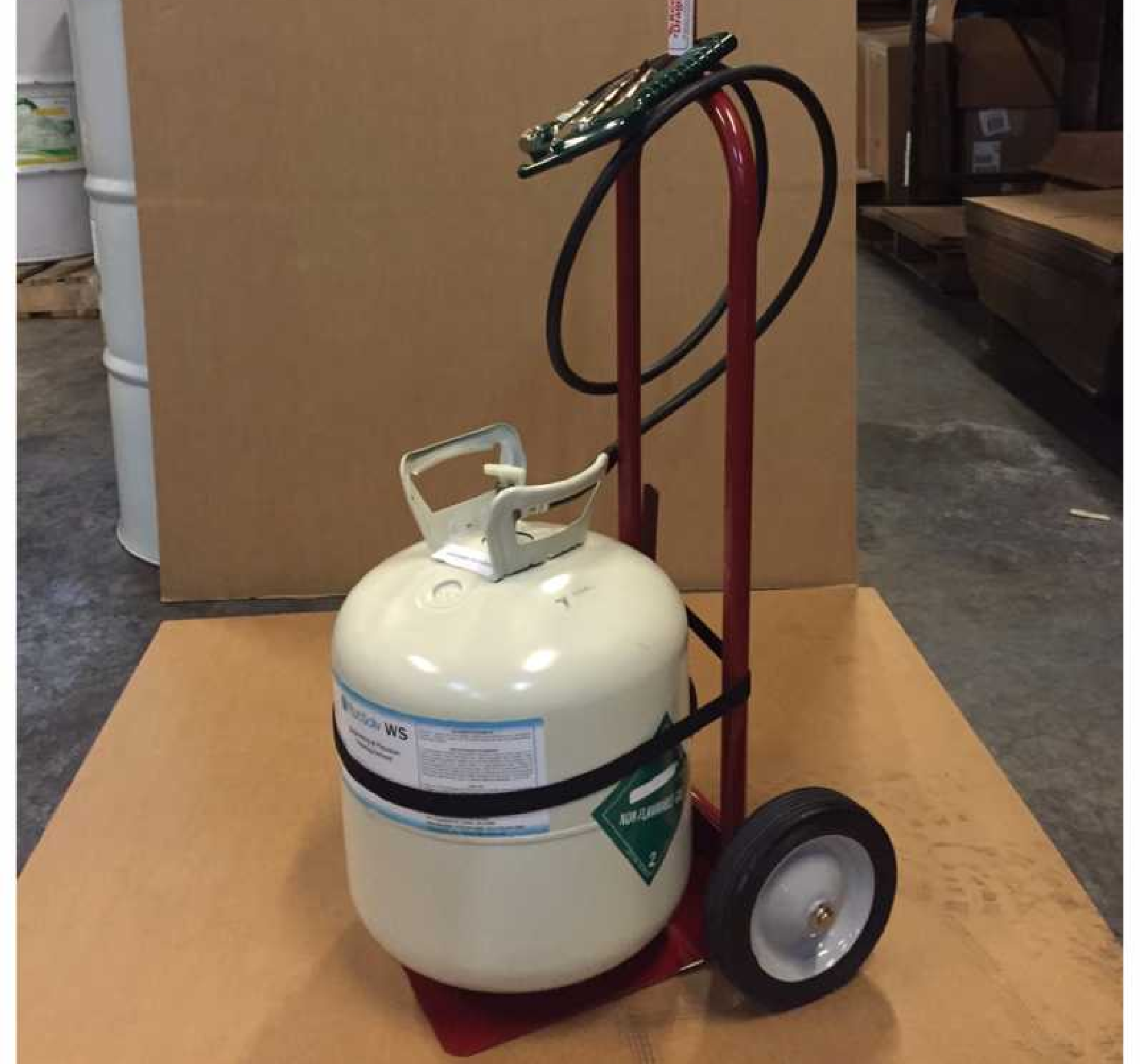Cleaning agents are purchased in aerosol form for various types of cleaning operations, from performing dielectric degreasing on energized motors to removing everyday soils from work surfaces, to removing flux residue from heat treated metal. However, regardless of the application, industrial cleaning agents like the kind Ecolink supplies are typically purchased in aerosol form for one or more of the following four reasons.
- Excellent for Complex Surfaces
Aerosol cleaners emit an exceptionally fine mist of cleaning particles that gravity distributes evenly across the surface to be cleaned. This action of dispersal is especially useful for cleaning parts whose complex geometries make them difficult — if not impossible — to effectively clean with solvents that are dispersed in a liquid consistency. Aerosol excels at cleaning surfaces that are spatially complex.
- Perfect For Fast Evaporating Applications
As long as they are properly formulated for evaporative action, aerosol cleaners naturally facilitate ultra fast evaporation due to the infinitesimally thin coating they apply to the surface that needs treatment. This action makes them ideal for cleaning parts that could oxidize from solvent oversaturation and parts that need to dry fast, so they can be quickly reinserted in the work process.
- Great for Low-Residue Applications
The infinitesimally thin coating that aerosol cleaners apply to solid surfaces also helps facilitate low-residue cleaning. As long as it is properly formulated, the solvent can drip dry in a matter of seconds, and leave the surface purged of soils while leaving it completely dry. When aerosols do leave behind a residue, its thin consistency can make the residue easier to remove.
- Economy of Use
Aerosol is exceptionally easy to use in small amounts, while perfectly distributing the cleaning agent across the surface. This is why aerosol solvents are frequently preferred for parts cleaning operations that are exceptionally limited in scope or are performed infrequently. Aerosol makes it easy to conserve solvent, which makes it easier to reduce solvent expense.
Aerosol Cylinders Instead of Bottles
In addition to being available in handheld aerosol bottles, our aerosol solvents are also available in aerosol cylinders that house significantly more aerosol in a single, non-flammable container than a conventional aerosol bottle (36 pounds of cleaner, to be exact, for a total weight of 46 pounds).
In addition to lowering solvent expense, using our aerosol cylinders instead of aerosol bottles helps simplify solvent storage, container disposal, and provides refined control over the solvent stream.
See An Aerosol Cylinder in Action
To see how easy our aerosol cylinders are to use, check out this video of one of the cylinders in action. Whether you use aerosol solvents in large quantities, small quantities, or somewhere in-between, our aerosol cylinders are both a cost saving opportunity and a way to simplify solvent use in terms of solvent dispersal, container storage, and container disposal (recyclable).
For inquiries, please call us today at (800) 563-1305, or use our contact form. We look forward to providing the option to acquire crucial aerosol solvent in convenient, easy to use cylinders.















